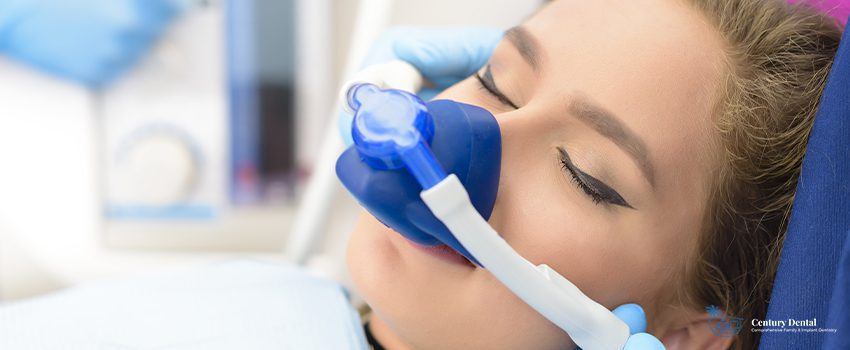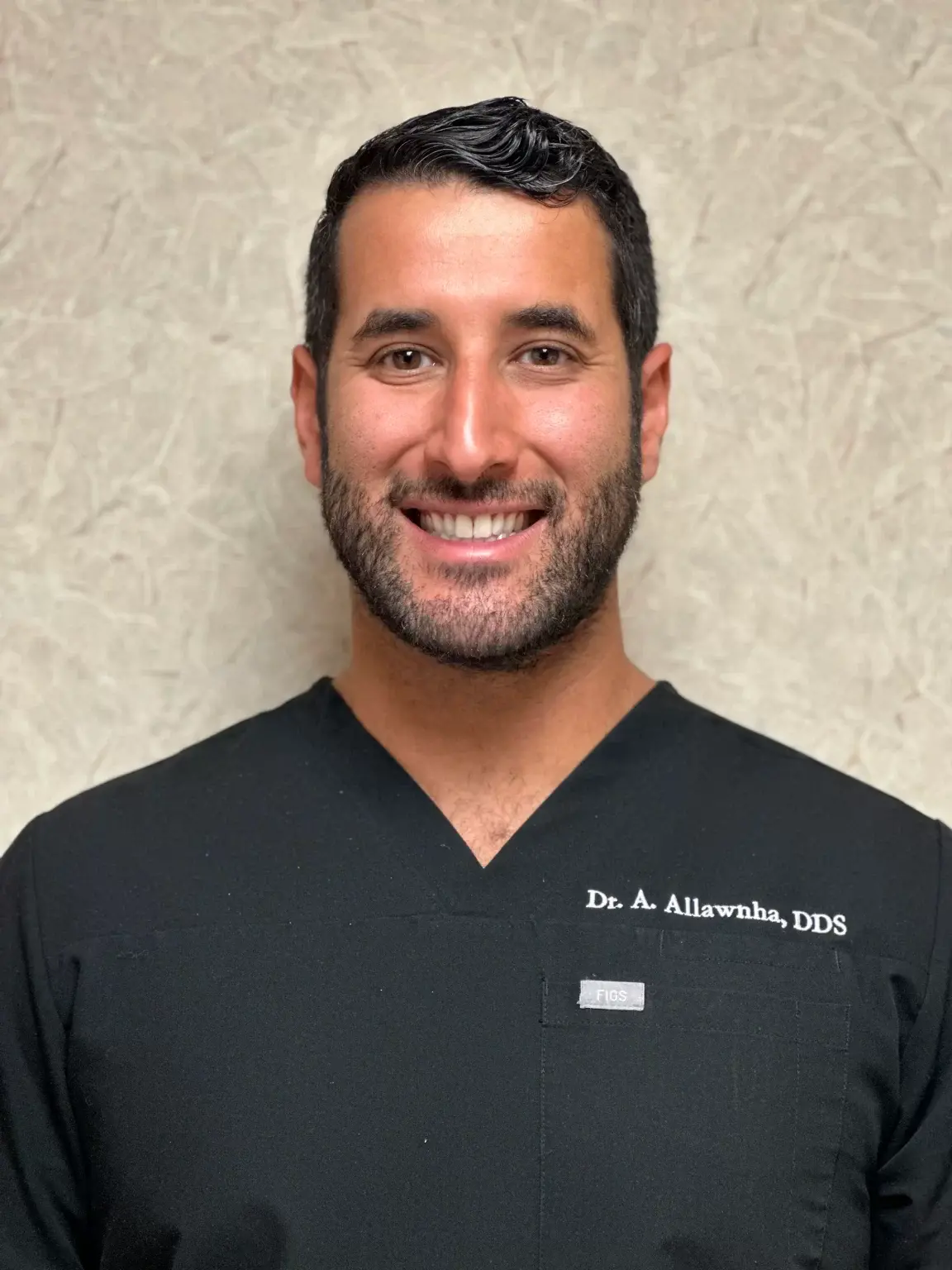Going to the dentist is not enjoyable for everyone.
Some people struggle with dental anxiety. They can’t bear the thought of having to sit on a dental chair while the dentist examines and performs procedures on their teeth. This is where IV or oral sedation dentistry becomes helpful.
Century Dental is your partner for a comfortable and pain-free dental experience. Don’t miss out on your regular dental checkups. Find out more about this procedure.
What Is Sedation Dentistry?
Another term for this is “sleep dentistry.” It uses medication to help patients feel at ease while sitting on the dental chair. However, the patient is usually awake except for individuals under general anesthesia. You can opt for sedation even for minor dental procedures like teeth cleaning.
With IV or oral sedation dentistry, keep your nerves from getting the best of you so you can receive the care your teeth deserve. There are different levels of sedation — the one you choose will depend on how anxious you get on the dental chair. The levels of sedation are as follows:
- Minimal Sedation – With this, the patient is awake but can calm their nerves.
- Moderate Sedation – This was previously called “conscious sedation.” Here, the patient may not speak coherently and may have trouble remembering things during the dental procedure.
- Deep Sedation – Here, the patient is asleep but conscious. The dentist can still wake the patient under deep sedation.
- General Anesthesia – Under general anesthesia, the patient is unconscious for the entire procedure.
What Are the Different Types of Dental Sedation?
Now that you know the answer to “what is sedation dentistry?” the next thing you should know is the different types of sedation used.
Here are some of them:
1. Inhaled Minimal Dental Sedation
With this type of sedation, the dentist will use “laughing gas,” or nitrous oxide combined with oxygen that you breathe in through a mask placed over your nose that will eventually make you relax.
Your dentist will manage the amount of gas you get. Its effects wear off faster than other types of sedation, which will allow you to drive yourself home afterward.
2. Oral Sedation
The effects of oral sedation dentistry will depend on the dosage the dentist gives you.
It can range from minimal to moderate sedation. For minimal sedation, your dentist may give you a pill to take an hour before your dental procedure. It will put you in a daze, but you will not fall asleep.
Your dentist will give you a larger dose for moderate oral sedation dentistry. Some patients become so groggy that they fall asleep. In most cases, a gentle shake can wake them up.
3. IV Moderate Sedation
With IV sedation dentistry, you’ll receive the sedative through an IV, allowing dentists to adjust the dose as they perform the dental procedure.
4. General Anesthesia or Deep Sedation
Your dentist will provide you with medications that put you to sleep or nearly unconscious. You’ll have to wait for the anesthesia to wear off or wait for the dentist to reverse its effects, unlike oral sedation, where a shake can wake you up.
Even if you undergo oral, deep, or IV sedation dentistry, the dentist will still use a local anesthetic to numb the affected area. You will not feel any pain or discomfort.
Who Can and Can’t Undergo Dental Sedation?
Sedation during dental procedures is suitable for individuals who experience anxiety with just the thought of visiting the dentist and undergoing dental procedures.
Dental sedation is also suitable for people who:
- Have a bad gag reflex
- Have a low pain tolerance
- Need complex dental works done
- Get anxious when on a dental chair
- Have sensitive teeth
Contraindications exist for oral, IV sedation dentistry, or other forms of dental sedation.
You may not be a candidate if:
- You have sleep apnea
- You’re taking medications that shouldn’t mix with sedatives
- You consumed alcoholic drinks right before your dental appointment
- You have a respiratory disease or chronic bronchitis
- You are allergic to the sedative itself
- You have a stuffy nose
- You’re pregnant
Can All Dentists Perform Dental Sedation?
Most dentists can administer pills and nitrous oxide, and more and more of them are becoming certified to administer moderate sedation. For more complex sedation techniques, only those who completed the Commission on Dental Accreditation program can perform IV sedation dentistry and other complex sedation techniques such as deep sedation and general anesthesia.
Other professionals who can perform sedation are oral surgeons, maxillofacial surgeons, and dentist anesthesiologists. The regulations for sedation dentistry techniques vary from state to state’s dental board — most of which require permits.
Is Dental Sedation Safe?
Getting sedation or anesthesia has risks, but it is usually safe if you have an experienced dentist with you. People with health problems should talk to their primary care physician before getting sedated.
To guarantee your safety, you and your dentist should:
- Go over your medical history.
- Discuss the medications you’re taking and whether you are a candidate for dental sedation.
- Inquire about the dose they will give you and if it aligns with the FDA’s recommendations.
- Ask your dentist if they have certifications to administer sedation and how many times they have done it.
- Read materials detailing the risks of dental sedation. Ask your dentist for any clarification.
- Your dentist should also check your vital signs throughout the procedure. They should also have oxygen and medications to reverse the effects of anesthesia, if necessary.
Leave Your Worries Behind with Century Dental
If you’re looking for a center for cosmetic and sedation dentistry, choose us!
At Century Dental, you’re in good hands! We have a team of seasoned dentists near Treasure Island, FL. Schedule an appointment with us today. We are more than willing to walk you through our dental sedation options.





